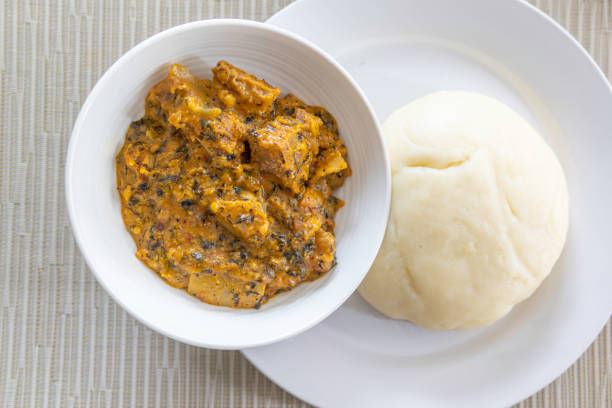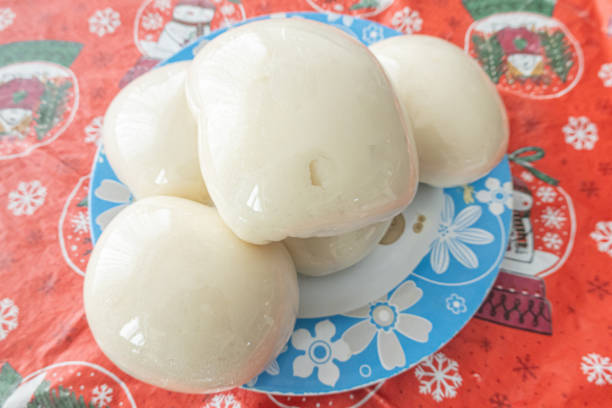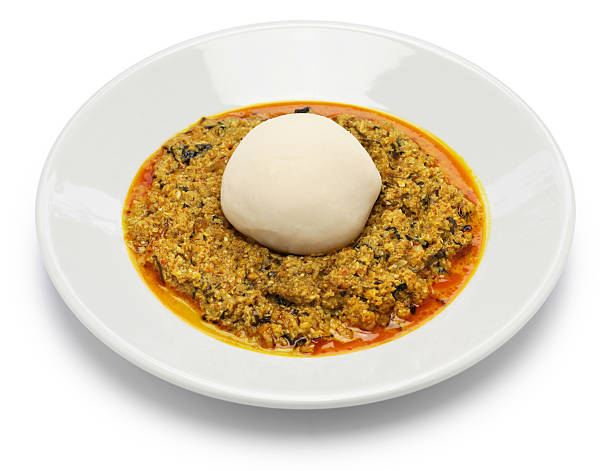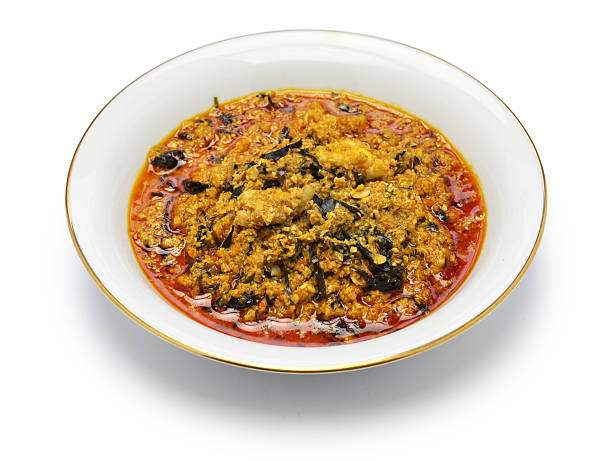Fufu, a traditional African dish made from starchy ingredients like cassava, plantains, or yams, holds cultural significance and offers a unique nutritional profile. While primarily known for its role as a staple food in many African countries, fufu also provides essential nutrients that contribute to overall health and well-being.

One of the key nutritional components of fufu is its carbohydrate content. The starchy ingredients used to make fufu are rich in complex carbohydrates, which serve as a primary source of energy for the body. These carbohydrates provide sustained energy release, helping to fuel daily activities and support physical endurance.

Furthermore, fufu contains dietary fiber, particularly when made from whole plantains or yams. Fiber is essential for digestive health, promoting regular bowel movements, preventing constipation, and supporting a healthy gut microbiome. Including fiber-rich foods like fufu in one’s diet can help maintain digestive regularity and may reduce the risk of digestive disorders such as diverticulitis and colon cancer.

Moreover, fufu can be a source of certain vitamins and minerals, depending on the ingredients used. Cassava, for example, is rich in vitamin C, thiamine, and folate, while plantains provide potassium, magnesium, and vitamin A. Yams are also a good source of vitamins C and B6, potassium, and manganese. These vitamins and minerals play essential roles in various bodily functions, including immune function, energy metabolism, and bone health.

In addition to its nutritional content, fufu is often served with a variety of flavorful and nutritious accompaniments, such as soups, stews, or sauces made from vegetables, legumes, or meats. These accompaniments contribute additional vitamins, minerals, protein, and healthy fats to the meal, enhancing its overall nutritional value and flavor.
Furthermore, fufu is typically gluten-free, making it suitable for individuals with gluten sensitivities or celiac disease. This characteristic enhances its versatility and inclusivity in various dietary preferences and restrictions.While fufu can be a nutritious and satisfying part of a balanced diet, it’s essential to consider portion sizes and preparation methods. Fufu dishes can vary widely in calorie and nutrient content depending on the ingredients used and the cooking techniques employed. Moderation and balance are key to enjoying fufu as part of a healthful eating pattern.

In conclusion, fufu offers a unique combination of complex carbohydrates, dietary fiber, vitamins, and minerals that contribute to its nutritional value and potential health benefits. As a staple food in many African cuisines, fufu reflects cultural richness and culinary diversity while providing essential nutrients to support overall health and well-being. Incorporating fufu into a balanced diet alongside a variety of other nutritious foods ensures a diverse and satisfying approach to nutrition.




Great insights on strategy and decision-making-tyy.AI Tools is a solid resource for finding tools like the AI CRM Assistant to boost productivity and streamline workflows.